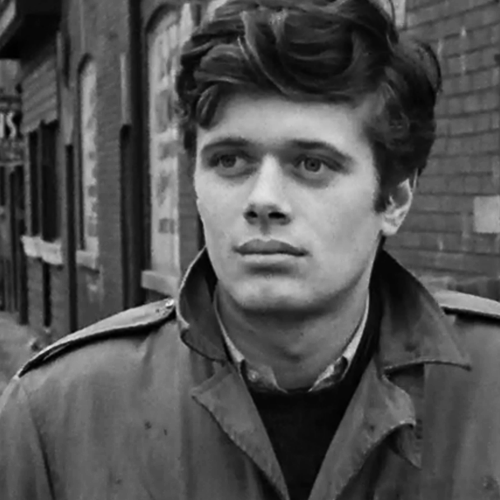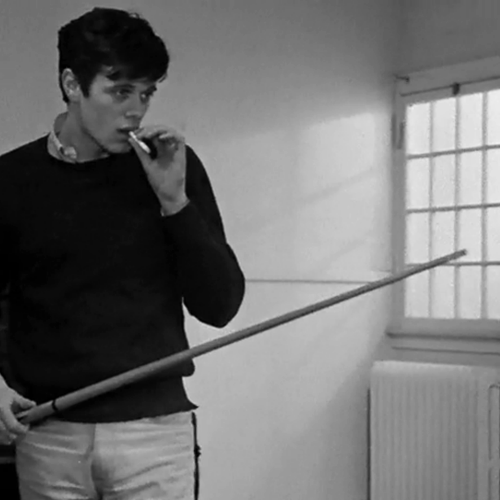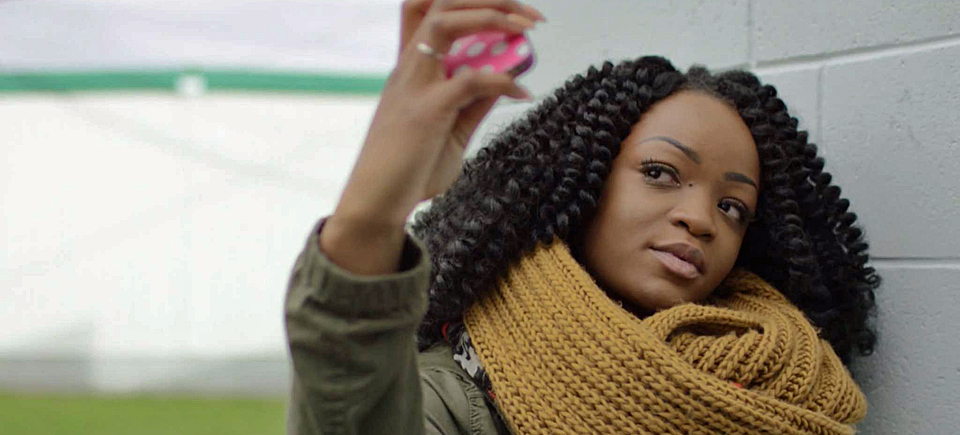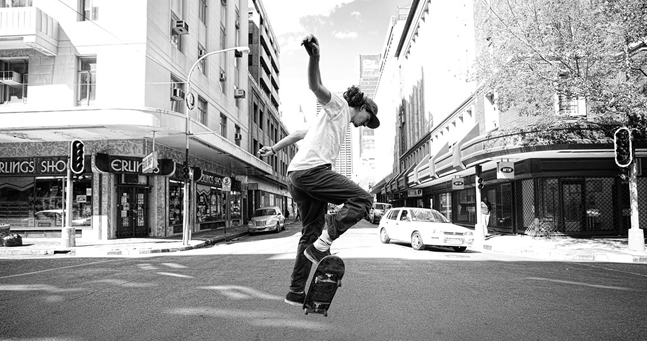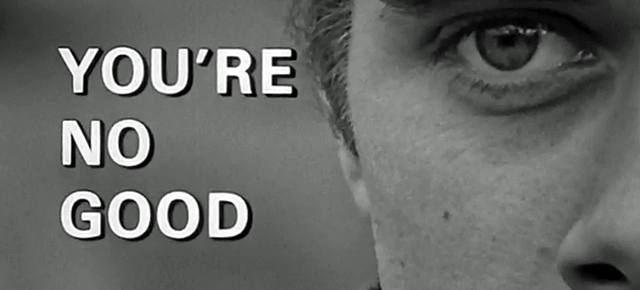
You’re No Good: The Perils of Adolescence in 1965
You’re No Good: The Perils of Adolescence in 1965
In the history of the world, adolescence is about as recent an invention as penicillin. Pre-teenagers, everyone fell in either one of 2 categories: kid or adult. No in-betweens. Children were expected to work and apprentice alongside their parents as soon as they could, and to transition to adulthood whenever puberty came. Then, they were grown-ups. And so it was.
Between the very late 19th century and WWII, a number of developments upset that millennia-old social structure and drove a wedge between old and young. The achievement of human rights for children and universal access to education pulled kids out of farms and factories and sat them in schools, often up until the age of 16. Then came the rise of the automobile, which gave young people more mobility than ever before and opened bright new avenues (sometimes literally) for dating and mischief. The teenager was born.
You’re No Good, a short fiction film from 1965, harks back to a time when parents, teachers, cops and marketers were still trying to delineate the contours of this new and fearsome social category. In the opening scene, a young (and mightily handsome) 18-year-old named Eddie (Michael Sarrazin) steals a motorcycle for what turns out to be a very brief joyride with his girlfriend Marie. In short, a terrible idea.
Not a whole lot happens, plot-wise, after Eddie’s impromptu dash for freedom. Instead, the film focuses of our teen’s turbulent internal states. Eddie, despite his one-time loose use of other people’s property, doesn’t seem like a bad kid, at least not by today’s standards. He has a family, a job, friends, a sweet brunette girlfriend. After he steals the bike however, (he says “borrowed”), his life spirals out of control. The police are after him, and he must flee.
Though on the lam, Eddie doesn’t flee very far. He wiles away the hours languorously smoking, shooting pool solo, and day-dreaming about lobbing grenades at people or being an acclaimed rock star. At night, he hides in ships docked in the port. Though taciturn to a fault, it seems that his silence results less from having nothing to say than not knowing how to say it. The kid seems clever and capable, but undeniably lost, and increasingly, scared.
The film, slick in black and white, has a deliciously vintage feel (period cars, beehive hairstyles, silly dance moves) and a catchy, Beatlesque soundtrack. It tells a seemingly small, contained tale, yet one that raises many questions, over the course of a highly esthetically-pleasing half-hour.
Maybe, just maybe, G. Hanley Hall wasn’t too far off the mark when he stated, in a landmark 1904 study, that adolescence is “a phase of upheaval and trauma, stress and storm.” Happily for everyone, phases don’t last.
You're No Good, George Kaczender, provided by the National Film Board of Canada
-
Pingback: The Hell Years: 4 Vintage NFB Films About Teenagers | NFB.ca blog
